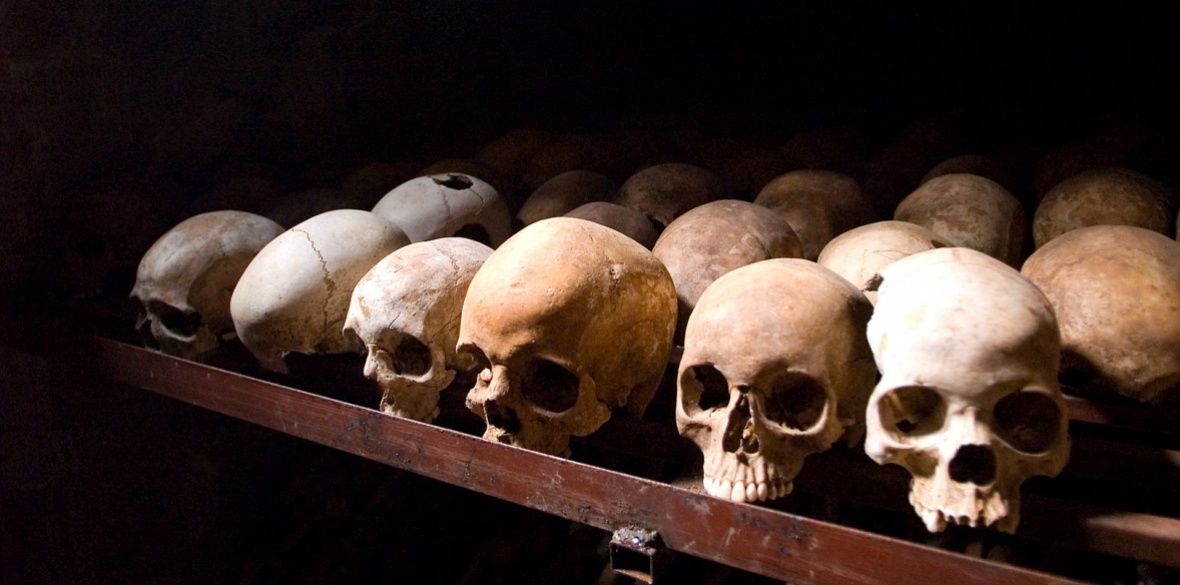This is the last article you can read this month
You can read more article this month
You can read more articles this month
Sorry your limit is up for this month
Reset on:
Please help support the Morning Star by subscribing here
FRANCE allowed the perpetrators of the 1994 Rwandan genocide to evade justice, according to new evidence published by news website Mediapart on Wednesday.
A document discovered in official archives showed that the French government ignored appeals from Rwanda’s ambassador in Paris for French troops in the country to arrest officials of the former Hutu regime and instead organised their escape.
The document, a cable from the office of then French foreign minister Alain Juppe, was signed by the current head of French foreign intelligence agency.
It was sent after the Hutu leaders arrived at a refugee camp controlled by the French army.
They were attempting to flee Rwanda after their regime fell, having presided over the massacre of hundreds of thousands of members of the Tutsi minority.
There were United Nations peacekeeping troops in the country, but they were accused of standing by as the 100-day killing spree unfolded.
The UN claimed it had no mandate to stop the killings and most of its forces were withdrawn after the killing of 10 UN soldiers from Belgium.
France was an ally of the Hutu regime, having signed numerous military deals with the government and trained its soldiers and top military leaders.
Paris sent troops to Rwanda to ensure the safe evacuation of French citizens but allegedly did nothing to stop the violence.
French ambassador Yannick Gerard, in a telegram sent from Rwanda on July 15 1994, asked his bosses in Paris what to do about “personalities, almost all of which are considered responsible for the massacres,” who had arrived in a refugee camp run by the French military in Gisenyi, on the border with Zaire (now the Democratic Republic of Congo).
The cable said: “We have publicly informed them their presence in the area was not desired” and that “they would be put under house arrest until their surrender to the United Nations.”
In response, Bernard Emie, then an adviser to Mr Juppe and now director of the General Directorate for External Security (DGSE), wrote: “You can use all indirect channels, and especially your African contacts, to convey to these officials (under the control of the French army) that we ask them to leave the safe humanitarian aid zone, without directly disclosing yourself.
“The international community, and in particular the United Nations, will determine very soon how to proceed with these so-called authorities.”
A number of those accused of involvement in the genocide have been granted asylum in France.
The country’s highest court has refused 48 extradition requests from Rwandan authorities, insisting that the crime was not in the Rwandan statute books at the time of the massacre.












